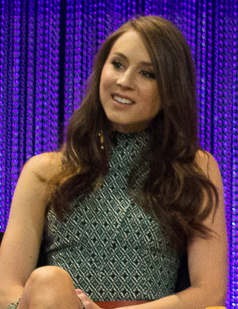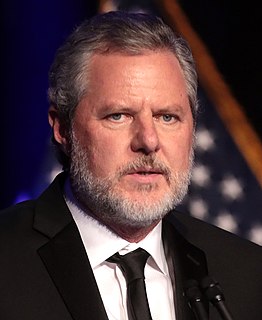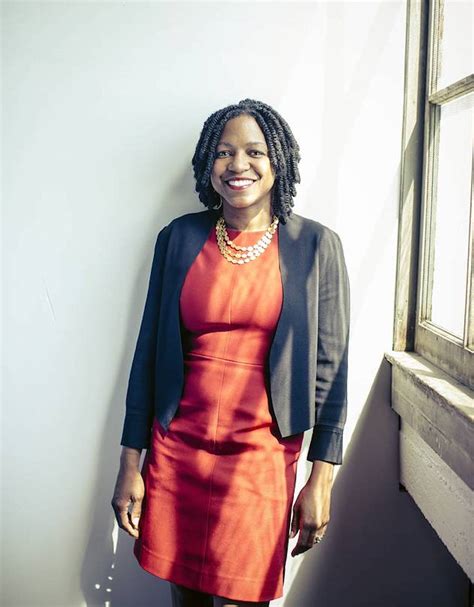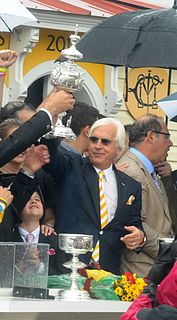A Quote by Julia Quinn
I don't think that writing talent has much to do with where one went to school, or the number of degrees on one's business card, but I do get a bit bristly at the implication that romance authors couldn't possibly be smart enough to get into an Ivy League school.
Related Quotes
I wanted to get out of Ashland, and I thought it would be pretty cool to go to school in the East. So I asked my guidance counselor what Ivy League schools were. And I applied to Harvard, Yale and Dartmouth - that was it. My guidance counselor told me I wouldn't get into an Ivy League school. So as my act of resistance, that's all I applied to.
Get your education. The number of guys who are blessed to be in the league is so small compared to the number of high school players [who want to play in the league]. But one thing you can do is get your college education. If you are blessed enough to get a scholarship to play college basketball, make sure you get your college degree, too, then move on from there.
Maybe we were being a bit unrealistic, but we had this hope that if we could just get into the Ivy League, everything would be set. We dreamed of Gothic libraries and leafy green quads and romantic dorms with fireplaces and guys who were not only cute but also smart and charming, and, quite possibly, British. In college, we believed, we’d finally find our people.
I didn't know Penn was an Ivy League school - I didn't know what the Ivy League was. When I got in, they sent me the package, and the tuition was my mother's salary for a year. My mom said, 'We can't afford it.' So I went to the library and found several scholarships and grants and was able to cover 90 percent of my education that way.
My well-meaning parents decided to send me to a Catholic grade school to get a better education than I probably would have received at the local public school. They had no way of knowing that the school nuns, who were the majority of the teachers at this particular parochial school, were right-wing, card-carrying John Birch Society members.



































